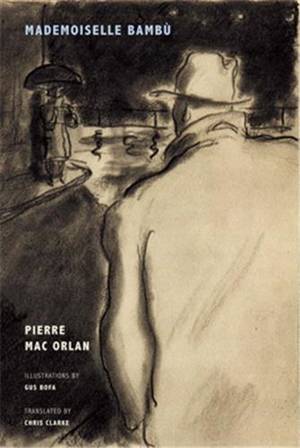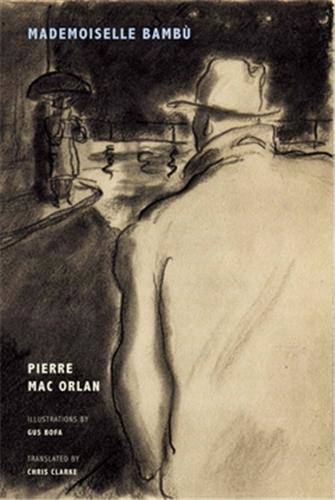
- Retrait gratuit dans votre magasin Club
- 7.000.000 titres dans notre catalogue
- Payer en toute sécurité
- Toujours un magasin près de chez vous
- Retrait gratuit dans votre magasin Club
- 7.000.0000 titres dans notre catalogue
- Payer en toute sécurité
- Toujours un magasin près de chez vous
Description
Mademoiselle Bambù is Pierre Mac Orlan's take on the spy novel, written and expanded between 1932 and 1966.
Set in Hamburg, London, Palermo, Brest and other ports of call in the anxious Europe of the 1920s and 1930s, Mademoiselle Bambù tells the tales of three secret agents: the melancholic adventurer and accidental spy, Captain Hartmann; his enigmatic mistress from Naples (and a double agent for the Germans), Signorina Bambù; and the sinister Père Barbançon, who retires from his life of espionage and murder to eke out his troubled days in an aptly named "Boarding House of Usher," where shadows are as likely to strangle a man as they are to haunt him.
Like all of Mac Orlan's novels, Mademoiselle Bambù is less a novel than a barometer of societal unease, crippling melancholy and dark humor.
Pierre Mac Orlan (1882-1970) was a prolific writer of absurdist tales, adventure novels, flagellation erotica and essays, as well as the composer of a trove of songs made famous by the likes of Juliette Gréco. A member of both the Académie Goncourt and the Collège de 'Pataphysique, Mac Orlan was admired by everyone from Raymond Queneau and Boris Vian to André Malraux and Guy Debord.
Spécifications
Parties prenantes
- Auteur(s) :
- Editeur:
Contenu
- Nombre de pages :
- 240
- Langue:
- Anglais
Caractéristiques
- EAN:
- 9781939663252
- Date de parution :
- 23-01-18
- Format:
- Livre broché
- Format numérique:
- Trade paperback (VS)
- Dimensions :
- 152 mm x 229 mm
- Poids :
- 498 g

Les avis
Nous publions uniquement les avis qui respectent les conditions requises. Consultez nos conditions pour les avis.






